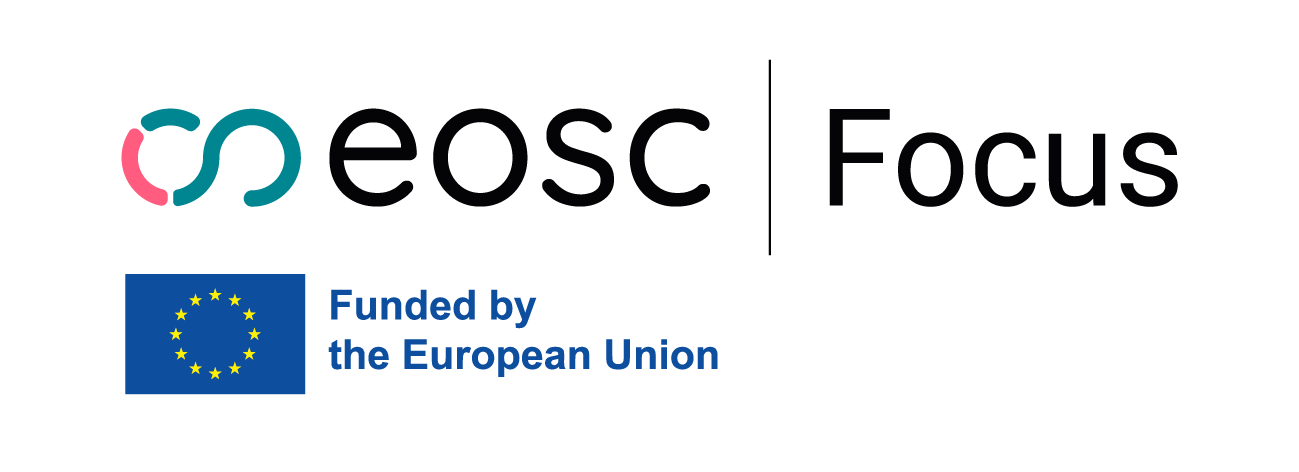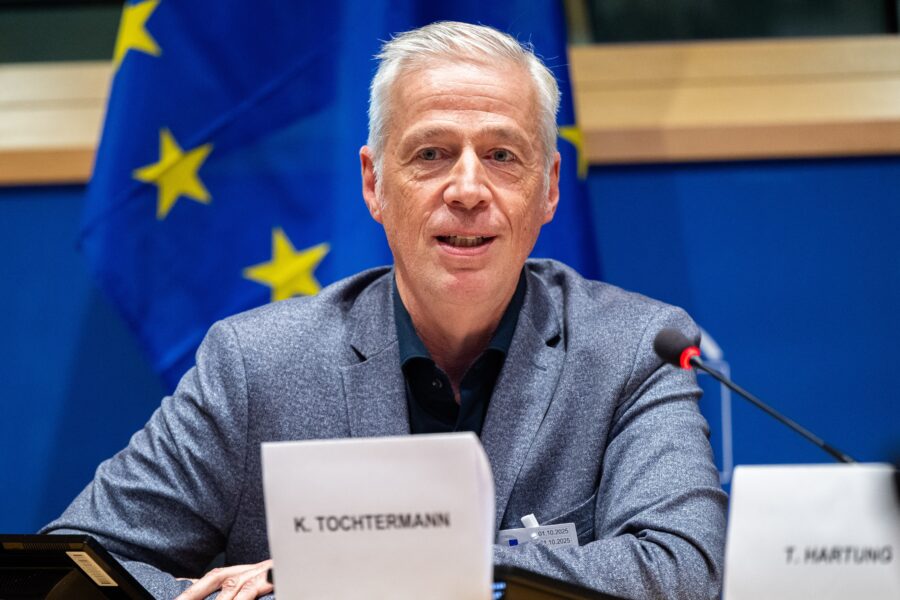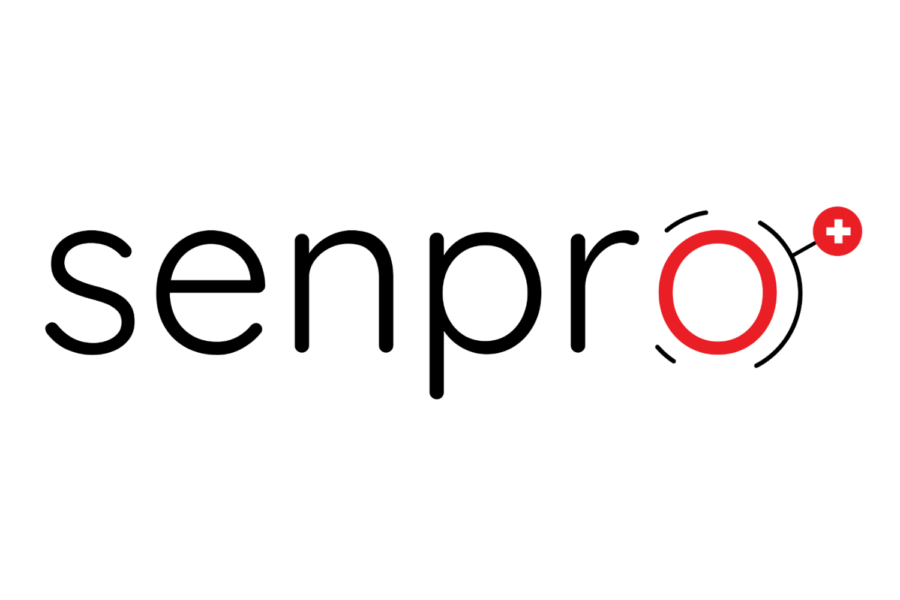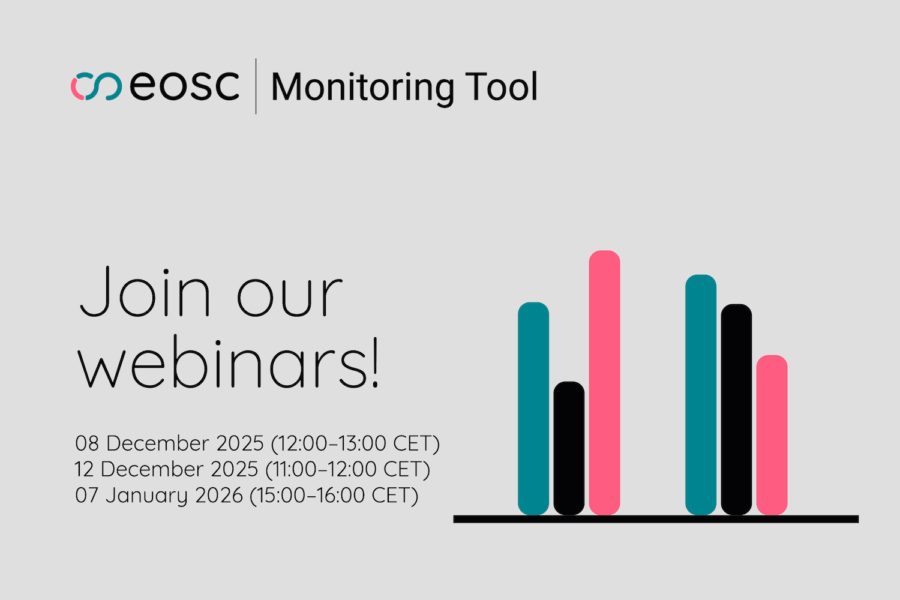This interview is part of a series coordinated by the EOSC Focus project. The interviews aim to highlight the role of the EOSC Association’s Mandated Organisations. By bringing their activities and insights to the forefront, the EOSC Focus interviews will help to reinforce the connections between each country’s Mandated Organisation and its EOSC Association member and observer organisations, as well as to make visible the work going into the implementation of EOSC at the national and institutional levels.
The main scope of EOSC Association Mandated Organisations is to elevate EOSC to a high level on their respective national agenda to ensure that the national research communities benefit from EOSC and are able to fully leverage the opportunities its implementation will enable. In 2021, the Danish Ministry of Higher Education and Research decided to appoint the Danish e-infrastructure Consortium (DeiC) as the Mandated Organisation for Denmark.
We had the honour to interview Anne Sofie Fink, Head of Data Management, and Anders Conrad, Senior Data Management Consultant, from DeiC to discuss their perspectives and insights on EOSC developments in Denmark and beyond. The interview was conducted by Iiris Liinamaa of CSC – IT Center for Science and Isabel Caetano of the EOSC Association.
What is the role of DeiC and its motivation as a Mandated Organisation in the EOSC Association?
DeiC is the Danish NREN (National Research & Education Network) and national e-infrastructure provider for research, legally owned by the Ministry of Higher Education and Research, and steered by a board with representatives of each of the Danish universities. Thanks to its connections with the funders and policy makers and the national stakeholders, DeiC was the natural choice to become the EOSC Mandated Organisation in Denmark. Its main strategic objectives as an EOSC-A Mandated Organisation are to support and facilitate the engagement of the Danish universities with EOSC, to help ensure strategic alignment between EOSC’s implementation and national strategies, and to make sure Danish viewpoints are heard within the EOSC Association.
What is the status of Open Science policies in Denmark?
In 2019-2020, Denmark was strongly involved in the EOSC FAIR Working Group and project work contributing to the development of FAIR practices and FAIR evaluation tools. The outcomes of these activities have influenced and supported the creation of Denmark’s National Strategy for FAIR Research Data Management. This strategy considers the EU Open Data Directive and aligns well with the strategic goals of EOSC, as it focuses on the following three areas: infrastructure provision; competences and data stewardship provision; and practice change in research.
In accordance with the Open Data Directive, the implementation of the National Strategy for FAIR Research and Data Management remains the responsibility of the research-performing and research-funding organisations. DeiC is supporting the implementation by organising reference groups, by providing data infrastructure and repository services, as well as by helping universities understand the importance of FAIR principles and providing some training. In addition to the National Strategy for FAIR Research Data Management, Denmark has a National Strategy for Open Access that is mainly targeted at publications.
How is DeiC facilitating or promoting the creation of the EOSC ecosystem in the country?
In Denmark, the EOSC-related engagement activities are organised via the EOSC Denmark Coordination Forum. The Forum is coordinated by DeiC and comprises all stakeholders involved with or interested in EOSC, including the Ministry of Higher Education and Research. The Forum organises regular information sharing with the national community, also with the purpose of cross-fertilising the EOSC, RDA and GO FAIR activities taking place in the country (the national RDA and GO FAIR offices are anchored into DeiC).
Currently, several Danish universities are actively contributing to the Skills4EOSC consortium on the topics of competence centres for Open Science and FAIR-related aspects. DeiC uses the Forum as well as the associated mailing list to inform the Danish community about upcoming EOSC project calls and other opportunities. The Forum also serves as a platform for presenting policy issues with the Danish stakeholders, such as currently the question of EOSC funding and governance after Horizon Europe. Additionally, DeiC plays a substantial role in the FAIR-IMPACT project among other things valuable to national stakeholders due to regular Open Calls. The Open calls were presented at our recent forum meeting.
What are the EOSC key actors in Denmark?
The key actors defining and participating in the development of EOSC in Denmark are primarily the Ministry of Higher Education and Research, who represents Denmark in the Steering Board and Tripartite meetings; DeiC as the EOSC-A Mandated Organisation; and the Danish universities through their participation in EOSC projects and task forces. Regarding Open Science policies, the university memberships of the various European university associations, such as LERU and EUA, play a certain role.
What is the expected impact of EOSC in the country?
The EOSC objective primarily focused on in Denmark is the FAIR Data Federation.
The requirement for the National Strategy for data management based on FAIR principles was that FAIR data produced in Denmark must be exposed through EOSC as the architecture and building blocks of the data federation are being developed. This will influence the infrastructure landscape that will be built nationally, currently resulting in requirements regarding support for PIDs and AAI.
Are there already any examples of EOSC adoption in the country?
There are several examples in the country in relation to EOSC uptake. For example, a Danish university has included the National strategy for FAIR research data management into their university strategy, meaning that the individual department managers have to report their progress on its implementation. This initiative is combined with training and organising data stewards in research departments. Other universities are obliged to implement the strategy as well.
A large Danish research centre has employed a data steward at PhD level to guide FAIR implementation. This is being followed up by management with KPIs, and helps target “FAIR by design” by integrating FAIR into regular research practice, including the discipline-specific tools being used to execute, for example, experiments.
A third example is DeiC’s participation in the Horizon Europe SUBMERSE project, where DeiC is responsible for producing the Data Management Plan and Data Policy for a new scientific instrument. This is a new and exciting opportunity for DeiC as an NREN to secure good and FAIR data management, in cooperation with various network technology experts.
What are the key areas for improving EOSC uptake in your country?
To boost national coordination and engagement toward EOSC, DeiC is working on a roadmap for EOSC engagement on the national level. Researcher engagement will depend on the value EOSC will offer for researchers and on a clear understanding on how to interact with EOSC as supplier — such as research objects or services — or consumer. DeiC aims to boost Denmark’s participation in Horizon Europe projects while at the same time to keep the focus on FAIR implementation.
Reflecting on your experience with Open Science and the development of EOSC, is there anything we have not discussed yet that you feel is important?
It is important that EOSC shifts the focus from the e-infrastructure providers to research and users’ needs, focusing more on FAIR data and research objects rather than just services. We would like to see a strong emphasis on EOSC as a FAIR data space for research, with a clear and well-understood value proposition for the individuals who will be providing or consuming research objects. We need to see concrete results in this direction before 2027, in order to keep up interest in EOSC, and for EOSC to become a credible solution for researchers’ needs for FAIR data sharing and reuse.
What is your vision for EOSC post-2027, and how do you think you can contribute to realizing it?
By 2027, it is expected that the EOSC Partnership will have established the foundations of a European FAIR data space for research. In EOSC architectural terms, the EOSC Federation needs to be operational and easy to understand, easy to integrate with, and easy to use. Post-2027, there should be increased focus on operations and continuous development of the federated infrastructure, as well as long-term sustainable governance and funding.
We will contribute by increasing integration of Danish e-infrastructure into EOSC, by involvement in the policies and governance work, as well as by supporting the continued development of skills and competence centres.
| About DeiC The Danish e-infrastructure Consortium (DeiC) facilitates collaboration among the Danish universities. DeiC ensures computing power, data storage and network infrastructure for research and education. It disseminates knowledge about national and international competence development in Denmark. DeiC coordinates the EOSC Denmark Coordination Forum. The objective of the initiative is to collect, share and make use of the knowledge about EOSC on a national level aiming at integrating EOSC into the research infrastructure, services and other support initiatives for research in Denmark. Read more about DeiC | 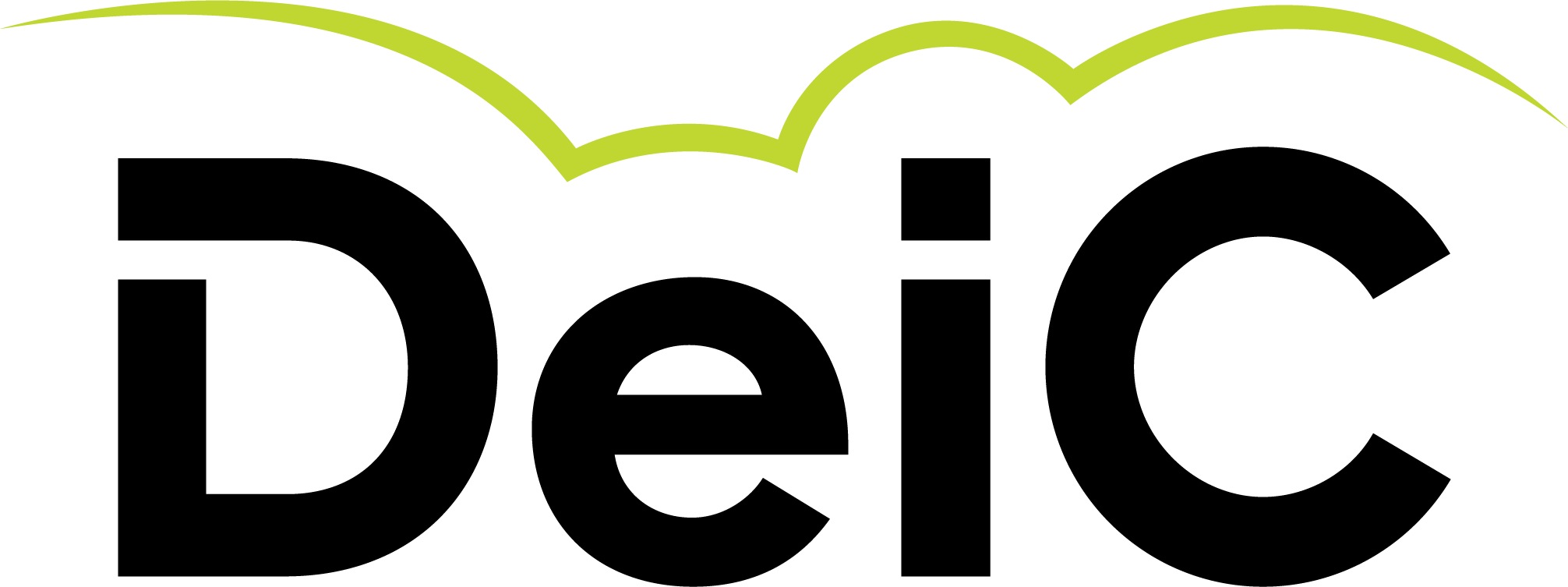 |
| About Anne Sofie Fink Anne Sofie Fink is head of the Data Management in DeiC. For data management activities in DeiC collaboration and networking nationally and internationally is key. Participation in EOSC project is considered strategically important both from a national and international perspective. Currently Anne Sofie Fink is WP lead in the Horizon Europe project FAIR-IMPACT and member of Knowledge Exchange Steering Committee. Additionally, DeiC Data Management takes part in several WPs in FAIR-IMPACT Skills4EOSC and Submerse as well as in initiatives and networks within EU, the Nordic region and nationally. The sharing of research data – especially within the social sciences – has been focus throughout Anne Sofie Fink’s career. She holds a Ph. D. degree in contemporary history. |  |
| About Anders Conrad Anders Conrad has been involved with research infrastructure and research data management since 2009, and has been with DeiC since 2017 in various roles. He is currently focusing on EOSC, being DeiC’s delegate for EOSC Association, as well as member of the EOSC Steering Board Policy Subgroup. He is working closely together with the Danish Ministry of Higher Education and Research on strategic coordination of the Danish positions towards the future of EOSC. |  |
